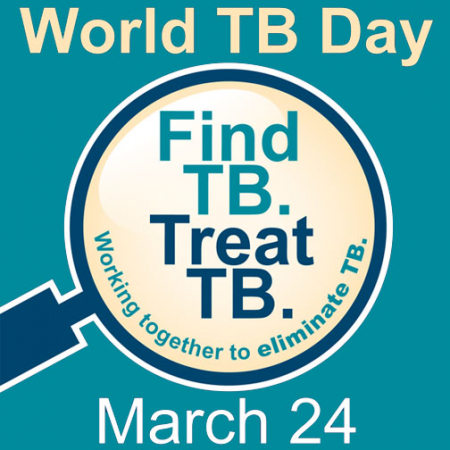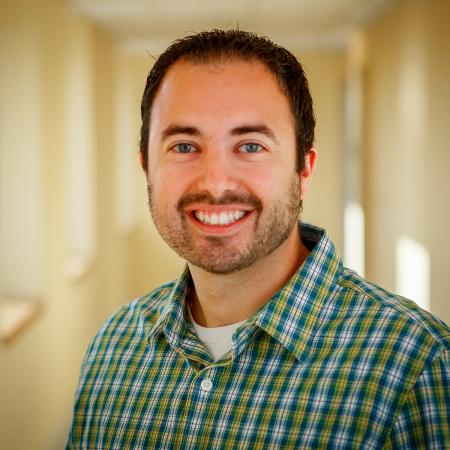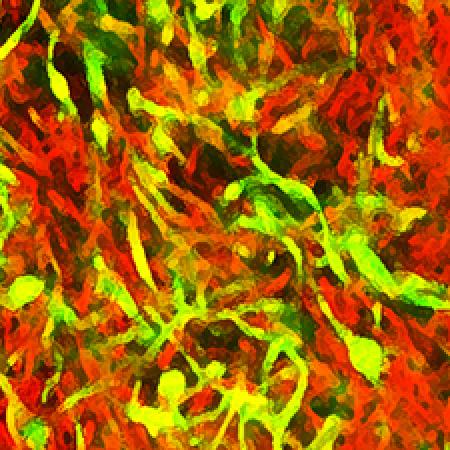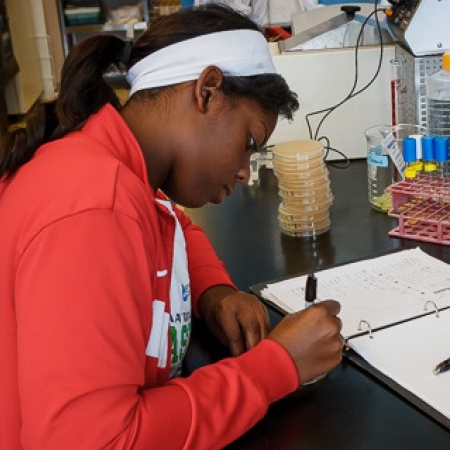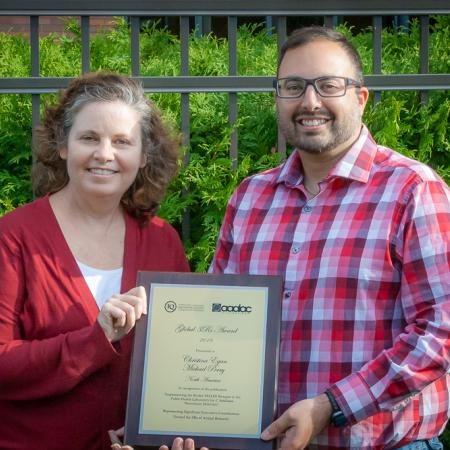Under Construction…Permanently. 25 Years of Wadsworth Center’s Clinical Laboratory Information Management System (CLIMS)
Having spent a lot of time in our homes recently, most of us are probably contemplating a dream renovation. If that project requires several professionals - plumbers, electricians, carpenters, etc., we might have second thoughts.
READ MORE about Under Construction…Permanently. 25 Years of Wadsworth Center’s Clinical Laboratory Information Management System (CLIMS) 


